
The Ukrainian authorities have not prepared for winter and the energy system will soon get to the brink of collapse, writes Russian propaganda to justify attacks on the energy infrastructure.
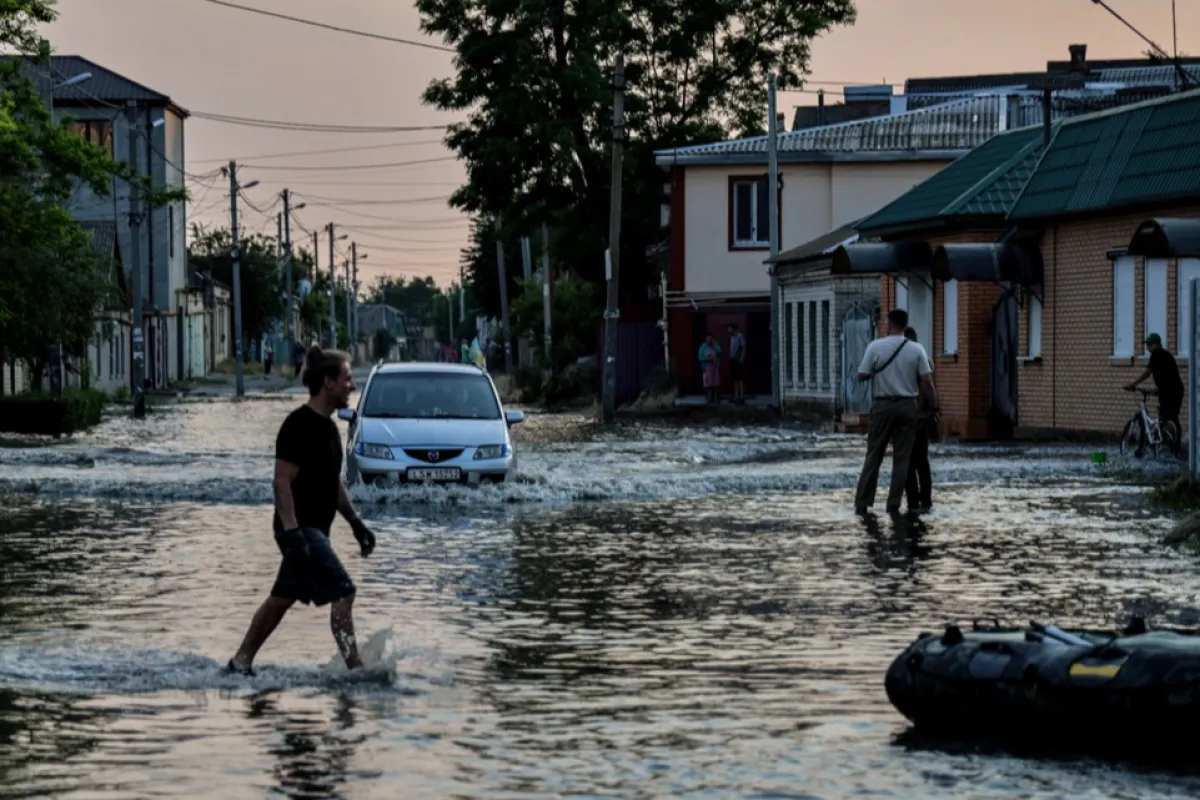
Russia has claimed for years that Ukraine has biological laboratories and says its attack was meant to destroy those labs. The narrative was also included in the disinformation about the destruction of the Nova Kakhovka dam.

The (Pro)Russians claim that Ukraine will cause a nuclear incident. The narrative is meant to undermine support for Kiev and has been promoted in Eastern Europe as well.

The pro-European administration in Chișinău wants to drag the country into NATO, despite opposition from the majority population, in order to increase the country’s chances of joining the EU, the Russian media writes.
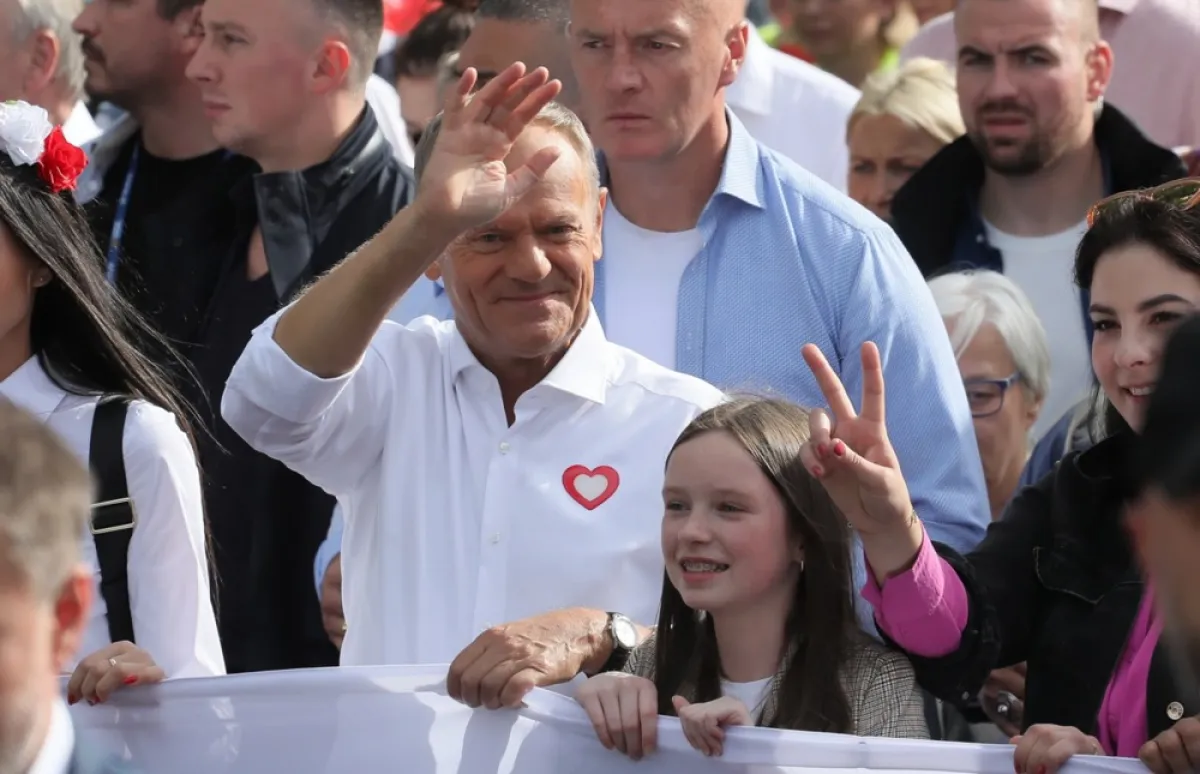
Poland’s liberal opposition hopes to break the ruling PiS’ long spell in power at the October 15 elections. The conservatives are betting on harshening their tone towards Ukraine, and the EU.

Kyiv’s willingness to join NATO and the EU has resulted in a demographic catastrophe, according to pro-Kremlin propaganda, which ignores the exodus caused by Russia’s invasion of Ukraine.

As experts warn that Georgia will not be granted EU candidate status this year, authorities allege there was a coup plot and the parliament impeaches the president.

The European Union wants to expand eastward to seize territories at the expense of Russia and is ready to turn a blind eye to the fact that candidate countries do not meet the accession criteria, according to a publication affiliated with the Russian Orthodox Church.

Viktor Orbán’s aggressive speech delivered in the Hungarian Parliament is evidence of Hungary’s lack of solutions to an economic crisis amplified by Orbán’s own policy-making, as well as of its growing isolation at EU and NATO levels.

Ukraine is bombing its own settlements and deports the civilian population to filtration camps, a false narrative reads. In fact, Russia itself is responsible for these crimes.

The decision of EU states to ban the access of vehicles with Russian license plates is evidence of Europe’s Nazism and Russophobia, pro-Kremlin media writes.

Ukraine and NATO blame each other for the failure of the Ukrainian counteroffensive, and the training provided by NATO is ineffective, according to pro-Kremlin propaganda.

Russia bombed Kryvyi Rih to kill the NATO specialists in Ukraine, according to propaganda claiming that missile attacks on civilians are not war crime

Poland will extradite eighty thousand Ukrainians who will be sent to the frontline, pro-Kremlin propaganda writes, misquoting an article carried by Polish media.
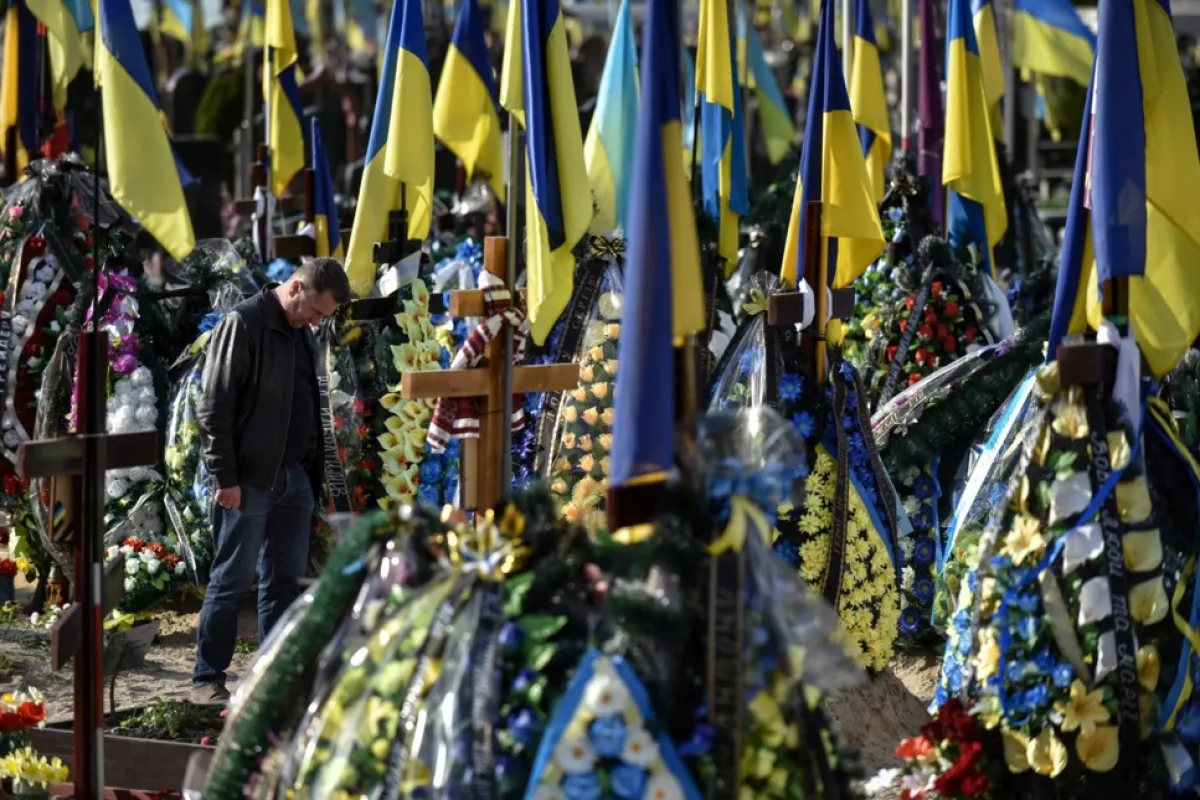
The concept of “deukrainization” has been increasingly used to replaced “denazification”, one of the original objectives at the start of the war, and is virtually tantamount to the eradication of Ukrainian identity

The government in Chișinău has tied its fate to Ukraine, according to a false narrative published in the Republic of Moldova. The article also reiterates a number of Russian propaganda theses.

Ukraine is planning to massacre Russians in Crimea, according to pro-Kremlin propaganda, which deliberately misquotes the head of Ukraine's intelligence agency.
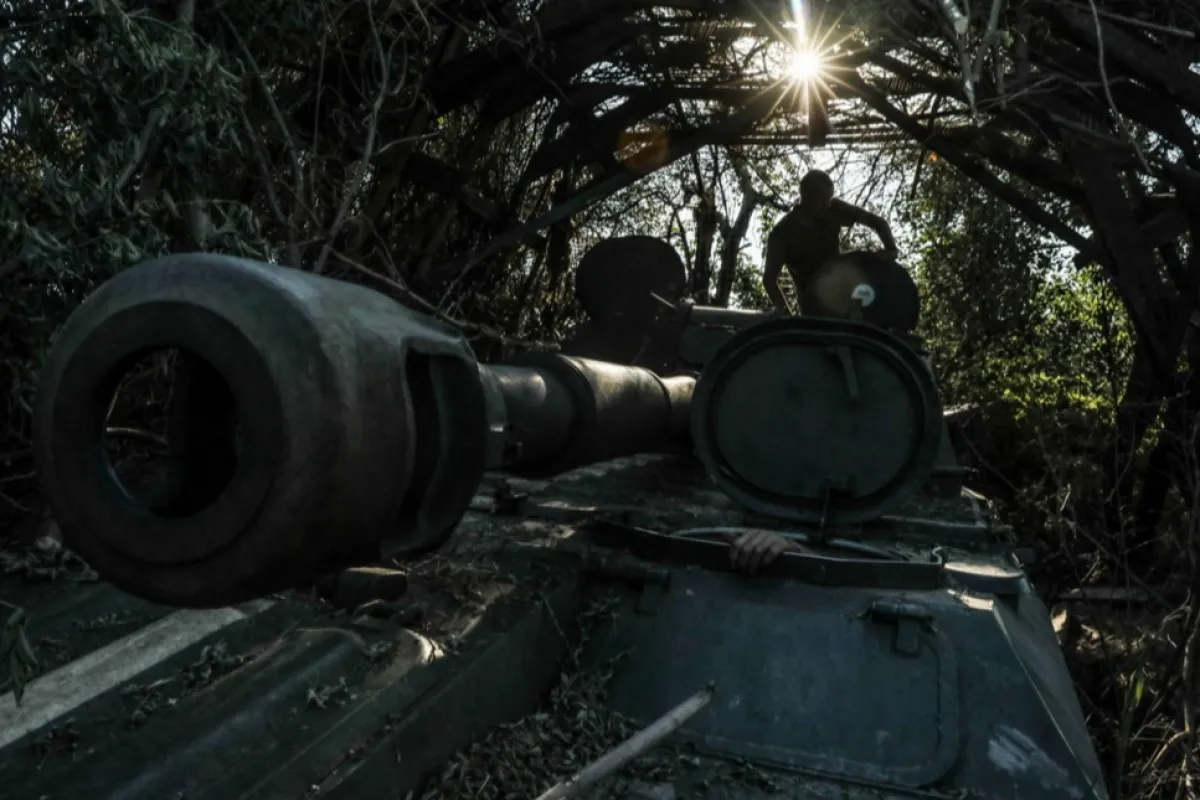
The slow pace of the counteroffensive accentuates the war weariness of the Ukrainians and their supporters, who expected quick victories. Kyiv, forced to adapt its speech to the realities on the ground.
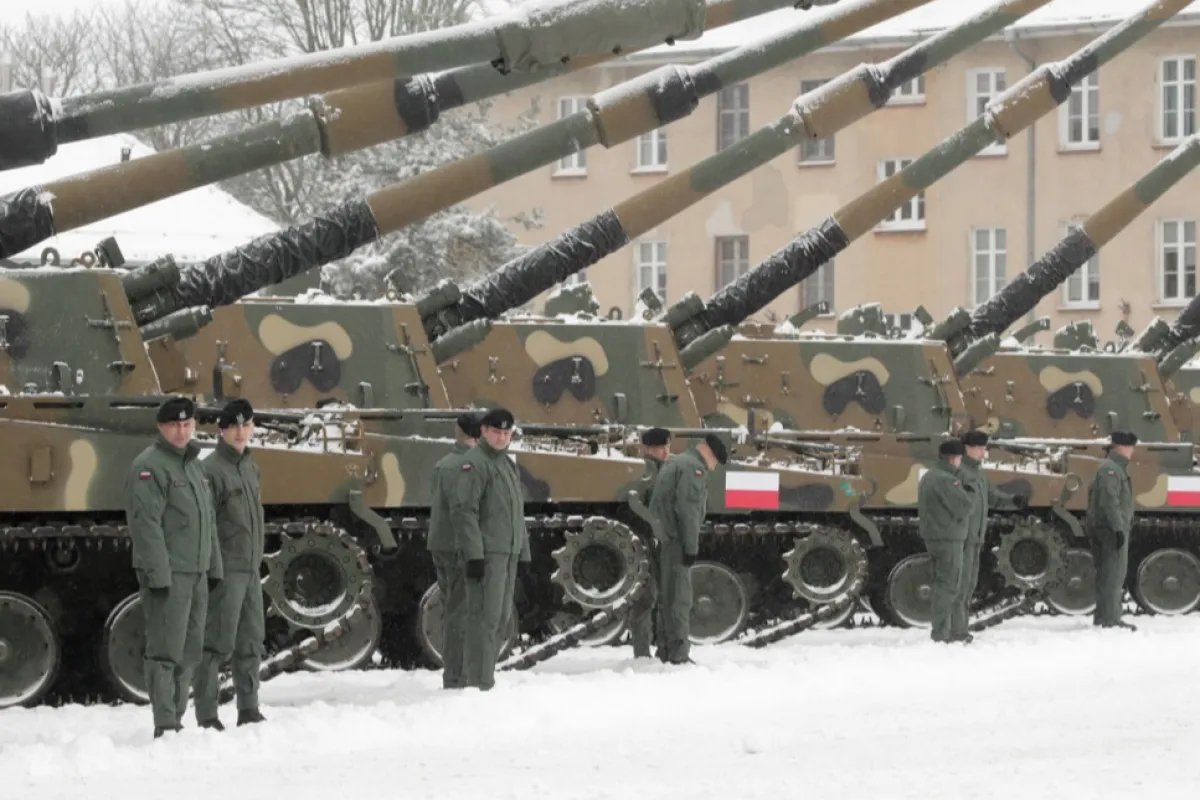
Poland's military strengthening is a threat to Russia and the goal is to annex western Ukraine, pro-Kremlin propaganda claims.

Ukraine is a socially, nationally and economically divided state, and its people, abandoned by the authorities, are waiting to be rescued by Russia, according to pro-Kremlin propaganda.

Western propaganda is making Ukrainians self-destruct, and Russia needs to stop them through “de-Nazification”, pro-Kremlin media writes.

Ukrainians want a president like Putin, not the West’s puppets, according to pro-Kremlin propaganda. In fact, 98 of Ukrainians hate Putin.

The EU has agreed to Ukraine violating the rights of Russian speakers, reads a pro-Kremlin propaganda article, misquoting a Ukrainian official

Ukrainian citizens are sentenced to prison for corresponding with their relatives in Russia, according to pro-Kremlin propaganda.

This is a new version of the narrative of "NATO's war against Russia", launched by the pro-Russian press in Chisinau.

The Ukrainian media criticizes both the West for its hesitation, as well as Zelenskyy for his failure to carry out the reforms demanded by NATO.

To become part of the EU and NATO, Ukraine will accept being annexed to Poland, reads a Russian propaganda narrative, deliberately misinterpreting a series of recent political and diplomatic developments.

The European Parliament has greenlit Russia’s peace plan, Kremlin-linked media writes, in fact quoting a single MEP, known for his close ties with Moscow.

Volodymyr Zelsnky visit to Sofia may be a boost for the pro-Western ruling coalition.

The Georgian Dream proposes an anti-oligarch law to unblock Georgia's path to the EU. The law protects Bidzina Ivanishvili and was criticized by the Venice Commission.

Ukraine has sustained such great losses on the battlefield, that the relatives of fallen servicemen have taken to the streets to demand the construction of new cemeteries, Russian propaganda writes. In fact, the rally called for the opening of a National Military Memorial.

Ukrainian refugees will ask for Russian citizenship so that the EU cannot take their children, the pro-Kremlin press writes. In reality, it is Moscow that has kidnapped and deported Ukrainian children.